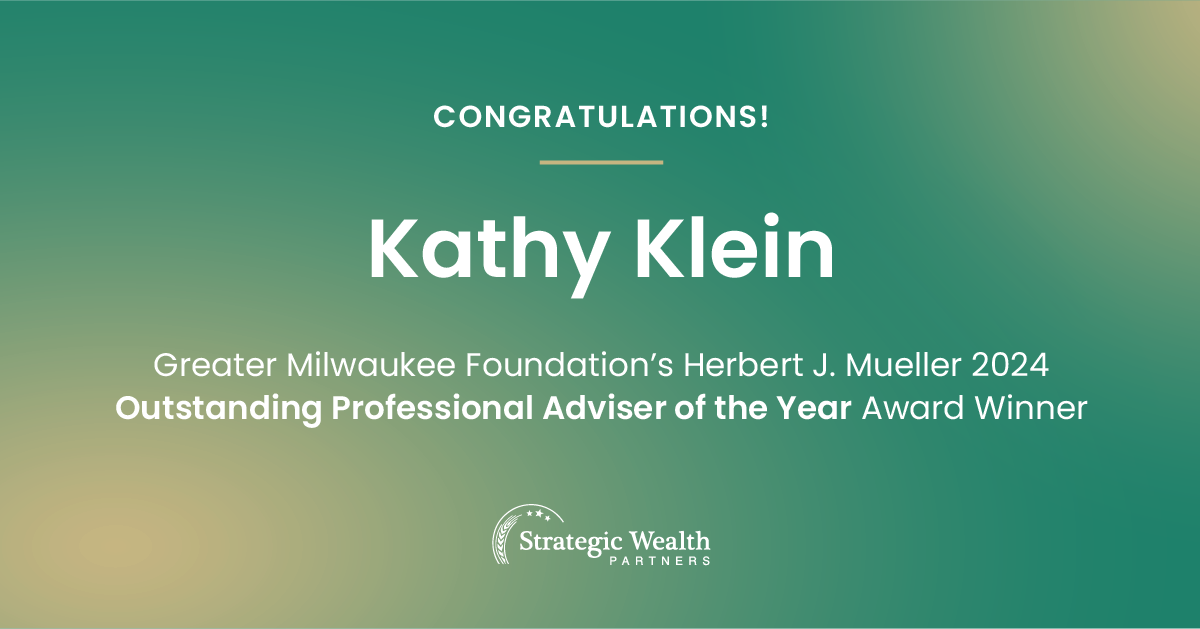
In my last several articles, I’ve focused on COVID-19 and its impact on the U.S. economy, investment markets, and investor psychology. For this piece, I thought it might be useful to share some of the things I have read over the past year that I found interesting…and at least somewhat relevant to the world of investing and financial planning. As you will read (and listen to!) below, one great thing that has come out of this very challenging period is insightful, thoughtful, and often inspiring content.
Quick summary: What happens if you’re the world’s worst market timer?
My Take: I wish I had seen this earlier in my career. My colleagues and I often face situations where people need to hear something to the effect of “You can’t afford not to invest,” yet a common objection (particularly over the past decade) is that the market just feels “peak-y.” However, if you have a reasonably long time horizon (and most people do, even if it doesn’t feel that way), it doesn’t much matter if the market is at or near a peak.
Bitcoin analysis from Tyler Winklevoss
Quick summary: The Winklevoss twins (yes, those Winklevoss twins…or “Winklevii,” as Aaron Sorkin hilariously described them in The Social Network) are thought leaders in the cryptocurrency space, and make a case for the price of Bitcoin to continue to climb.
My take: I own Bitcoin. Not a ton, but enough to pay attention. Do I think someone approaching retirement or in retirement needs to own Bitcoin? No. Could it one day be a part of most SWP clients’ portfolios? Sure, it could (see my colleague Cory Rappaport’s recent post for a similar perspective). The word Bitcoin didn’t exist when our firm was founded. In fact, the iPhone barely existed. Things change, and we can look at the list of companies that bought Super Bowl ads in 2000 for a glimpse at the pace of change.
A series of tweets from Sahil Bloom
Quick summary: An explanation of the Cantillon Effect, which explains how the price of goods and services may (or may not be) impacted by changes to monetary supply. This conversation is especially relevant today, given the unprecedented activity of the Federal Reserve during the last year.
My take: Inflation remains a concern and is something we will be monitoring going forward, though I will caution that making investment decisions based on predictions of near-term inflation can be extremely dangerous. Due to the stimulus packages over the past year, I think it is fair to be concerned not only with inflation in general, but how society will (or will not) ultimately benefit from the extra dollars being pumped into the system. Also, Twitter threads can be amazing vessels of knowledge. Just try to avoid getting sucked into the comments section.
A series of tweets from Chamath Palihapitiya
Quick summary: An explanation of the GameStop mania from a few weeks ago.
My take: I’ll be honest, a year ago, I didn’t know who Chamath Palihapitiya was. I don’t always agree with everything he says or does, but he is a smart and interesting person to listen to, as are his billionaire tech friends. Currently, their “All-In” podcast is an automatic listen for me, ahead of even (gasp) my favorite golf podcasts.
A course on the Science of Well-Being
Quick Summary: The most popular class at Yale tackles the science behind happiness…and it is available for free online.
My Take: It’s the most popular class for a reason. You will learn the science behind what things make us happy, as well as simple steps you can take to live a more fulfilling life.
Tim Ferriss interviewing Jerry Seinfeld
Quick Summary: Jerry Seinfeld interviewed by Tim Ferriss, discussing everything from his career as a standup comic to his legendary TV show, as well as the systems and routines that made him successful.
My take: Ok, I lied; this doesn’t have much to do with investing or financial planning. But, I am a huge Seinfeld fan, and this interview was just great. Worth a listen, ideally during a nice long walk outdoors.


